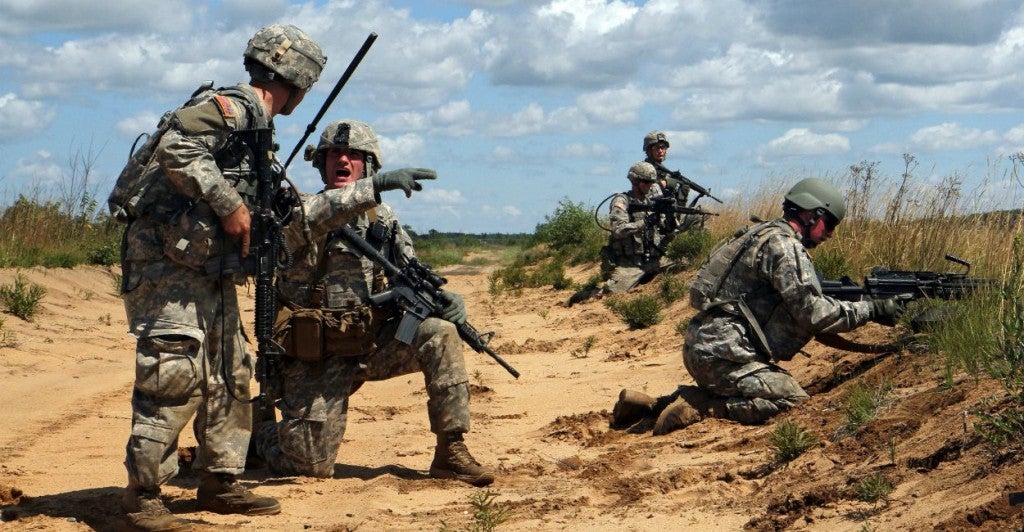Iran’s Supreme Leader Ayatollah Khamenei recently tweeted an image that represented President Obama with a gun to his own head with the caption,
“If any war happens, the one who will emerge loser will be the aggressive and criminal U.S.”
Such violent rhetoric coming from Iran is nothing new.
The only difference now is that Iran continues its anti-American campaign even as the Obama administration has bent over backwards to cut a deal with them.
A deal that benefits only Iran and jeopardizes the security of the Middle East and the U.S.
The ayatollah’s tweet came the day after the Senate Foreign Relations Committee held a hearing to review the Iran Nuclear Agreement.
Congress’ decision on the deal intends to determine what is best for the security of the United States.
But their choice has been framed as a false dilemma: support the deal or resort to war.
The day after the agreement was signed President Obama stated, “Either the issue of Iran obtaining a nuclear weapon is resolved diplomatically through a negotiation, or it’s resolved through force, through war.”
While the Obama administration pressures Congress to accept the Iran Nuclear Agreement, U.S. security and foreign policy experts have outlined a better alternative that frees the United States from taking the Iranian regime at its word.
This deal, with its weak and secretive inspections regime, makes a nuclear Iran nearly inevitable and only potentially delayed.
The Deal
The deal has strained America’s relations with allies in the Middle East like Saudi Arabia and Israel who feel the U.S. has put their security at risk by paving the way for Iran to become a nuclear power.
The current deal only postpones a nuclear Iran for 15-20 years, and that is assuming the Iranians uphold their end of the deal. Saudi Arabia has made it known that it wants whatever Iran is allowed to have. This would likely lead to a nuclear arms race in one of the most volatile regions in the world.
The deal also eliminates other diplomatic measures taken to prevent a nuclear Iran. Up to $150 billion of frozen Iranian assets will be released. It is widely recognized that a good portion of that money will fund terrorism.
Consequently, this deal alienates U.S. allies, will potentially lead to nuclear proliferation in the Middle East, and expand Iran’s ability to sponsor terrorism.
War is not the only alternative to this deal. There is another, more viable, option.
A Better Alternative That Protects U.S. Interests
Congress should reject this deal and maintain the U.S. sanctions that brought Iran to the negotiating table in the first place. The Heritage Foundation has offered an alternative that would:
- Reassure U.S. allies in the region
- Reduce the likelihood of a nuclear arms race and a major war in the Middle East
- Continue to bring Iran to a real negotiating table through persistent economic pressures that have succeeded in the past
America cannot allow Iran to become a nuclear power, whether today or 20 year from now. This agreement disregards America’s obligation to secure its own defense while passing the problem to the next generation.
The good news is the United States has options. The alternative path forward doesn’t pave the road to a nuclear Iran but reassures U.S. allies and protects American interests.
